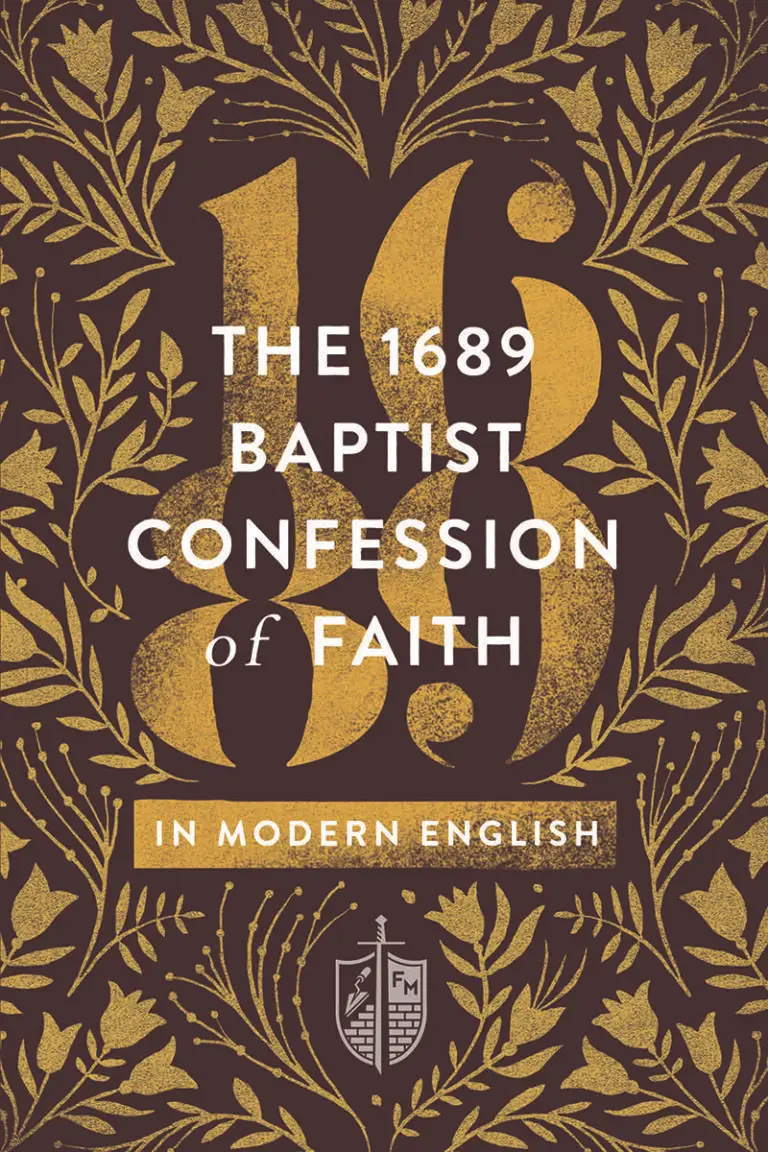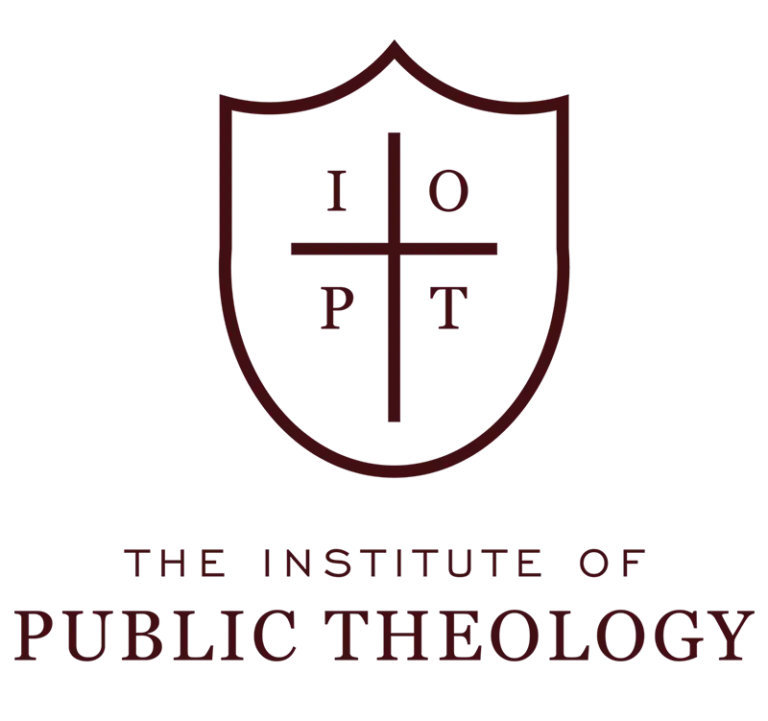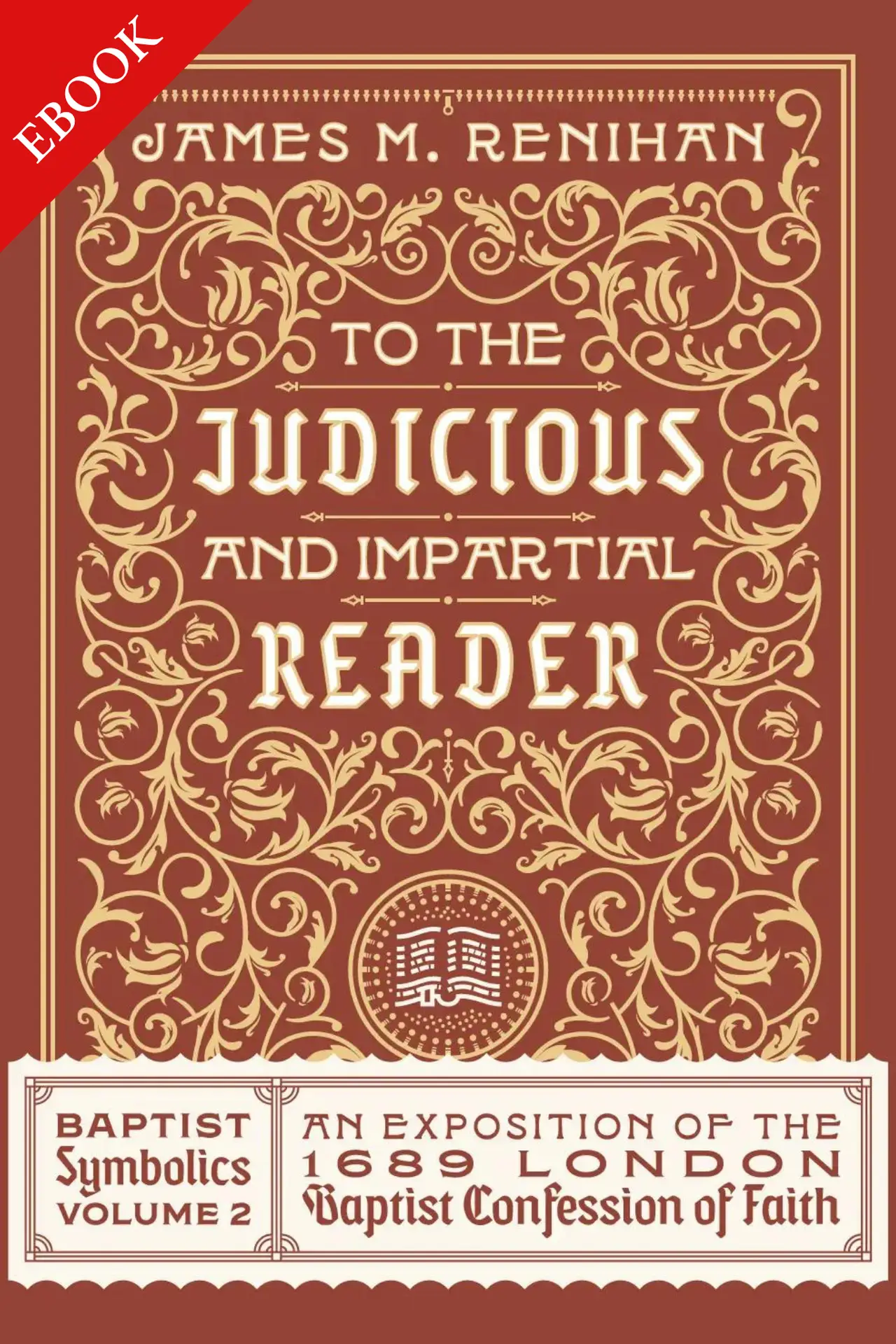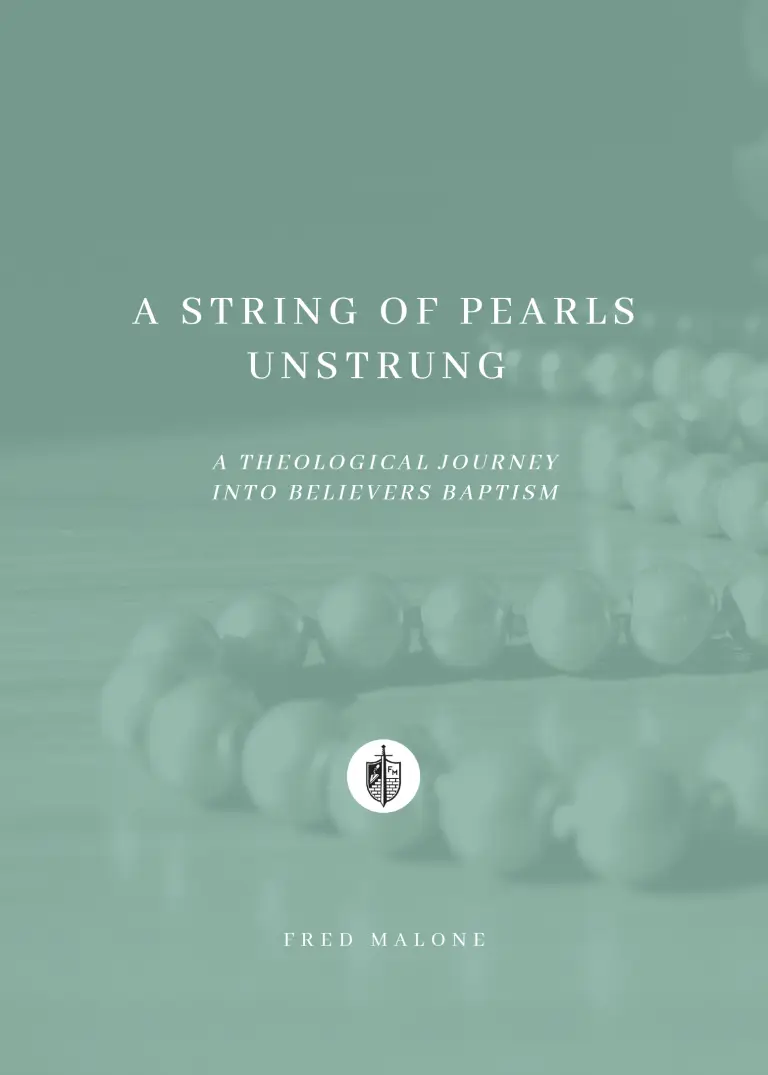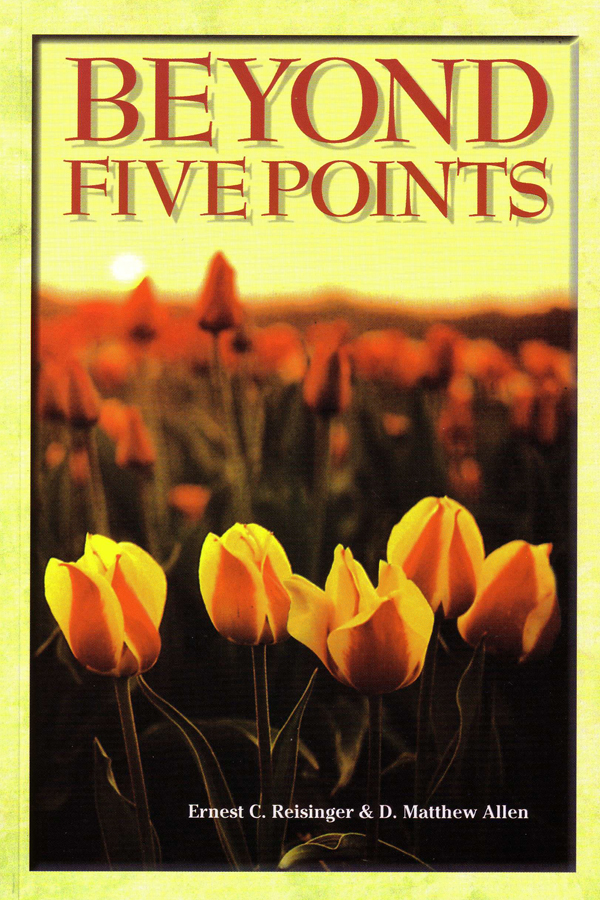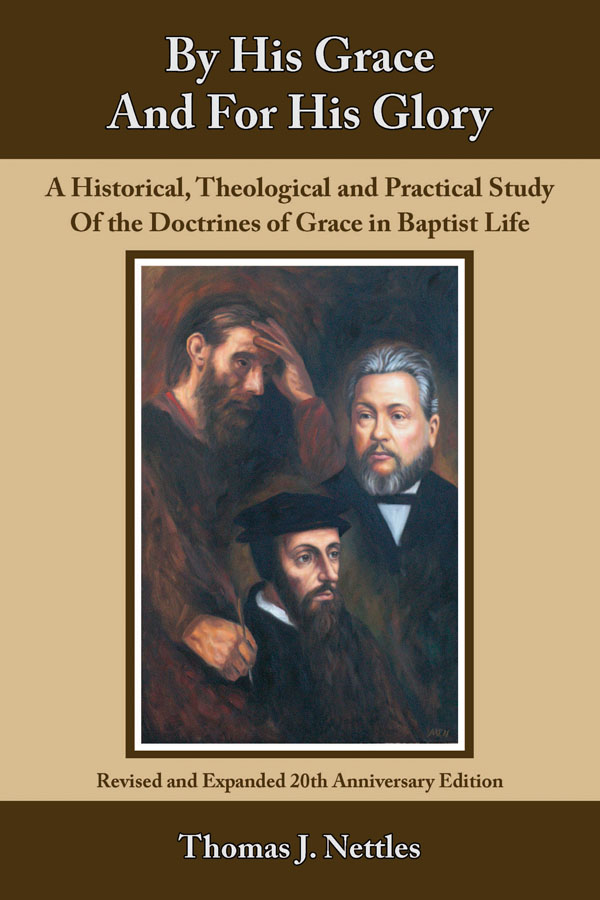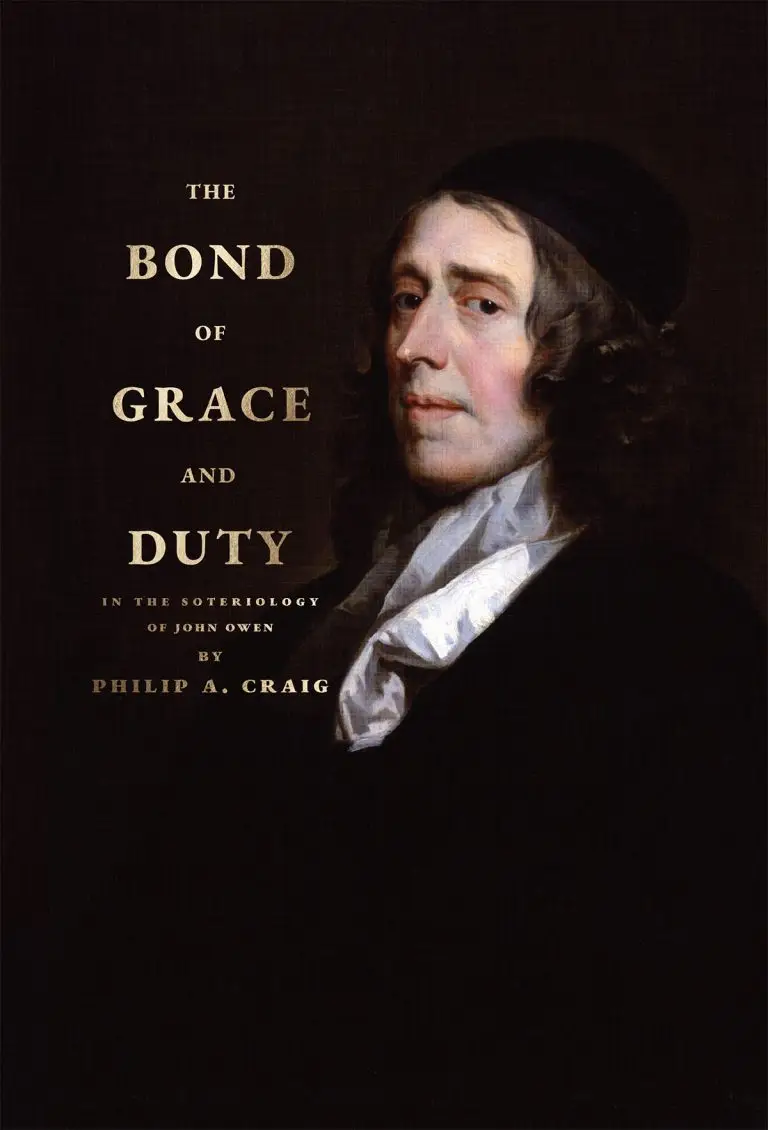Chapter 18: Of the Assurance of Grace and Salvation
Chapter 19: Of the Law of God
Chapter 20: Of the Gospel, and of the Extent of the Grace Thereof
Unit Three: God-Centered Living: Freedom and Boundaries
Chapter 21: Of Christian Liberty and Liberty of Conscience
Chapter 22: Of Religious Worship and the Sabbath Day
Chapter 23: Of Lawful Oaths and Vows
Chapter 24: Of the Civil Magistrate
Chapter 25: Of Marriage
Chapter 26: Of the Church
Chapter 27: Of the Communion of Saints
Chapter 28: Of Baptism and the Lord’s Supper
Chapter 29: Of Baptism
Chapter 30: Of the Lord’s Supper
Unit Four: The World to Come
Chapter 31: Of the State of Man after Death and of the Resurrection of the Dead
Chapter 32: Of the Last Judgement
The Appendix Concerning Baptism
Appendices
Appendix A: Outline of the Second London Confession of Faith
Appendix B: A Necessary Distinction: Christ as God and Christ as Mediator
Appendix C: An Index to Richard Muller’s Dictionary of Latin and Greek Theological Terms
Scripture Index

